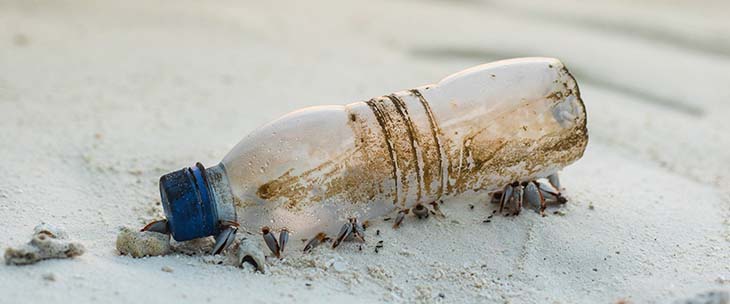The EU is set to ban single-use plastics in 2020, but the city council in Milan has decided to take on this environmental challenge early. The regional capital of Lombardy is going to be the first Italian city to go entirely plastic-free. A pilot project has been launched in January, targeting small areas of the city, in which single-use plastic items are not allowed and business owners are being invited to join the program on a voluntary basis. In this phase, the ban is not yet compulsory, but over 200 bars, restaurants and shops have already joined. Businesses that participate in the program are allowed to exhibit a “Milano Plastic-Free” sticker on their windows, thus declaring themselves as actively engaged in fighting the increase of non-recyclable waste in Italian and European landfills – the kind of waste that, as countless documentaries have shown, inevitably end up in the ocean, killing sea life and irreparably corrupting marine ecosystems.
✖
Let’s Organize an event together ! Contact us
✖


Leave a reply